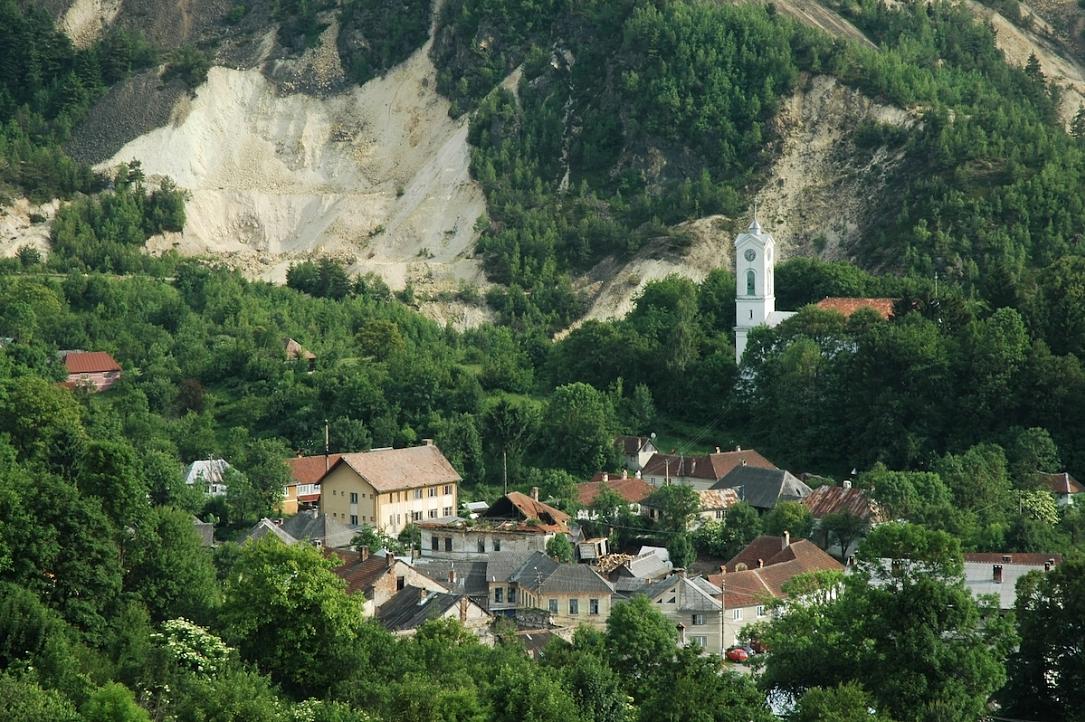Canadian investor disappointed after Rosia Montana mining landscape added to UNESCO's world heritage list



The historic site of Rosia Montana, a gold mining site dating back to the period of the Roman Empire, was included on UNESCO's world heritage list on July 27, prompting the most diverse reactions.
The most expected one came from Gabriel Resources - the Canadian TSX Venture Exchange listed firm that operates Rosia Montana Gold Corporation, the project company for the gold mining project located in the area subject to UNESCO decision. It previously asked for damages of USD 4.4 billion from Romania at the International Centre for Settlement of Investment Disputes (ICSID) in Washington for the blocking of the mining project. And Romania asking for UNESCO protection may serve its lawyers in demonstrating the country breaches its agreements.
"Such application [for UNESCO protection] and the inscription [in the list of protected areas] are fundamentally incompatible with the rights the Gabriel group acquired to develop the Project and the continued existence of an exploitation mining license for the Project area. These acts, promoted by the Romania government, ignore the existing and valid decisions of Romania's Ministry of Culture, removing the vast majority of the Project area's status as a protected archaeological site and clearing the area for mining activities. Furthermore, most of the cultural heritage for which protection is sought through the UNESCO Application and which was identified by the extensive archaeological research programs funded by Gabriel would have been protected in any event by the Project irrespective of the Inscription," the company says in a note to investors.
The company stresses that "UNESCO Application and Inscription are fundamentally at odds with Romania's obligations under its investment treaties in relation to Gabriel's investments and these acts, together with other measures taken."
In Romania, the reactions were diverse and broadly politically biased.
The mayor of Rosia Montana has firmly disapproved of the status of UNESCO protected area, claiming that it would lead to more bureaucracy and costs for the locals - while not mentioning the opportunities brought by the same UNESCO status.
Adrian Cioroianau, Romania's delegate at UNESCO, argued in favour of the benefits generated by the UNESCO status of the area - furthermore adding that the mining with traditional technology is anyways banned in Europe and new technologies may be compatible with the UNESCO status as only parts of the mining projects are covered by the UNESCO protection. A state can decide to withdraw the UNESCO status to a protected area, and Romania may decide in the future this if 'green' mining technologies are developed.
The petty politics comments abounded. Dacian Ciolos, who as a prime minister has constantly avoided submitting Rosia Montana file to UNESCO (one of his ministers did it, on the last day of his mandate), cheered the decision as "the greatest present for my birthday." President Klaus Iohannis, who also avoided the topic, applauded the decision, recommending the "sustainable development" of the area.
iulian@romania-insider.com
(Photo source: Salajean/Dreamstime.com)